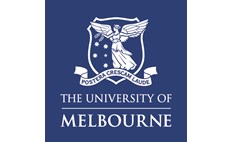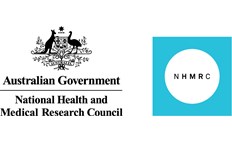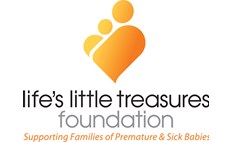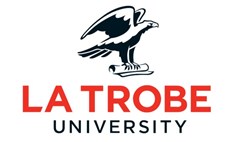CRE in Newborn Medicine Consumer Engagement Program: More than just ticking a box

Consumer Engagement is central to the Centre of Research Excellence in Newborn Medicine’s program of research to improve newborn care. A systematic approach for our researchers to engage with consumers at all steps of the research cycle has been established now for 18 months, and the CRE in Newborn Medicine can pride itself in leading the way in the field by meaningfully embedding the lived experiences of those born sick or preterm and their families into the CRE’s research agenda.
Consumer Engagement coordinator for the CRE in Newborn Medicine team, Renae Allen, has passionately advocated for more time and resources to be allocated to involving consumers in research studies when she was an invited speaker at the Melbourne Children's Knowledge Translation and Research Impact Training Seminar on Stakeholder Engagement at the Murdoch Children’s Research Institute (MCRI). Attended by over 70 number of researchers and clinicians from The Royal Children’s Hospital, MCRI and the University of Melbourne’s Department of Paediatrics, Renae detailed the ways in which the CRE in Newborn Medicine has taken consumer engagement beyond the perceived requirements for many independent grant funding bodies, to a partnership model whereby the CRE researchers partner with consumers to set their research agenda, to inform protocols and to disseminate research findings.
Having worked in the community sector at the Cancer Council Victoria and now an active member of Consumers In Research Collaboration and Learning Exchange (CIRCLE) in Parkville, Renae has drawn from principles of best practice in working with the Knowledge Translation team to set up, and continually improve upon, systems and processes to engage consumers in the research in the CRE Newborn Medicine team. Renae said, “Effective Consumer Engagement is not a box to be ticked on a grant application. It is dedicating the time and the resources to building relationships with consumers so that those with lived experience feel valued and empowered to become involved in your research. Meaningful consumer engagement is not only ethical, it ensures that your research program has greater relevance to the very people that it aims to benefit. Building our consumer advisory group and seeing how our researchers and our research has benefited, is something I am extremely proud to be a part of.”







